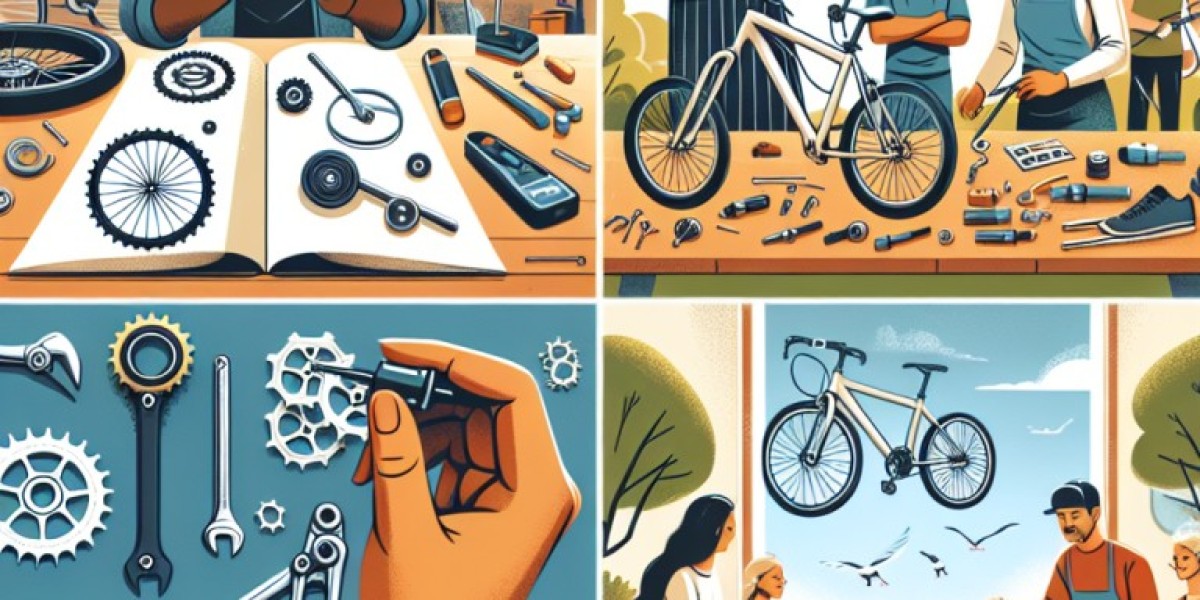Standardized Mental Health Assessment: Objectives, Tools, and Implementation
Mental health assessment plays a critical function in identifying and treating mental health conditions. The standardization of this process guarantees consistency, reliability, and credibility across different platforms, eventually facilitating better patient outcomes. This post talks about the goals of standardized mental health assessments, typically utilized tools, and their implementation in both clinical and research settings.
Objectives of Standardized Mental Health Assessments
Standardized mental health assessments serve a number of important goals:
Accuracy in Diagnosis:
- These assessments offer structured formats that help clinicians accurately identify mental health issues based upon established criteria.
Consistency Across Contexts:
- By using the very same tools throughout various settings and populations, standardized assessments enable a constant technique to mental health evaluation.
Enhancing Communication:

- Standardized assessments foster much better interaction in between healthcare experts, patients, and households by supplying a clear understanding of patients' conditions.
Facilitating Research:
- Standardized tools are essential in research to make sure data comparability, helping in the advancement of reliable treatment protocols.
Measuring Outcomes:
- They make it possible for longitudinal research studies by offering baseline and follow-up information on client progress and treatment efficiency.
Typical Tools Used in Standardized Mental Health Assessment
Table 1: Overview of Common Tools for Mental Health Assessment
| Tool Name | Description | Common Use Cases |
|---|---|---|
| Beck Depression Inventory (BDI) | A 21-item self-report questionnaire determining the intensity of depression. | Depression diagnosis, treatment monitoring. |
| Hamilton Anxiety Rating Scale (HAM-A) | Measures the seriousness of anxiety signs. | Clinical assessment of anxiety disorders. |
| Montreal Cognitive Assessment (MoCA) | Screens for cognitive impairment and dementia. | Evaluating cognitive decrease in numerous populations. |
| Mini International Neuropsychiatric Interview (MINI) | Structured diagnostic interview for a number of psychiatric disorders. | Quick assessment for psychiatric diagnoses. |
| Client Health Questionnaire (PHQ-9) | Nine-item questionnaire for depression screening. | Medical care settings and basic health assessments. |
These tools vary in their applications and are customized to particular needs, including self-assessment, clinician assessment, and structured interviews.
Application in Clinical Settings
1. Training and Education
When carrying out standardized mental health assessments, it is essential for clinicians to receive training in the tools to ensure accurate information collection and interpretation.
2. Combination into Practice
Standardized assessments should be seamlessly integrated into the patient intake process, with proper time allocated for administration.
3. Adapting to Individual Needs
While standardized assessments correspond, clinicians must customize making use of these tools based upon specific patient needs, cultural considerations, and particular clinical scenarios.
4. Data Storage and Usage
Information collected from assessments need to be kept firmly while enabling simple access for longitudinal studies or follow-up examinations.
5. Constant Evaluation and Feedback
Incorporating feedback systems for both clients and clinicians enhances the assessment process. Routine evaluations of the assessment tools utilized can lead to better outcomes and enhanced tool effectiveness.
The Role of Technology in Standardized Assessments
Developments in innovation have transformed standardized mental health assessments, making them more available and efficient. Digital tools and mobile applications are increasingly made use of, permitting much easier client engagement and data collection. For example, mobile apps that host self-report questionnaires yield important information and can trigger immediate mental health support if required.
Benefits of Technological Integration
- Real-Time Data: Digital platforms enable immediate collection and analysis of assessment information, assisting in timely interventions.
- Increased Reach: Technology allows assessments to reach populations that typically do not have access to mental health services, boosting equitable care.
- User-Friendly Tools: Interactive apps make self-assessment more engaging and can offer immediate feedback to users.
FAQs About Standardized Mental Health Assessments
Q1: What is a standardized mental health assessment?
A standardized mental health assessment is a structured tool used to examine a person's mental health status consistently across different populations and settings.
Q2: Why is standardization important in mental health assessments?
Standardization guarantees consistency, dependability, and credibility in detecting conditions, facilitating reliable communication amongst doctor and helping in research.
Q3: Can standardized assessments be adapted for different populations?
Yes, numerous standardized tools can be culturally pertinent and customized to accommodate the requirements and contexts of numerous populations.
Q4: How frequently should standardized mental health assessments be conducted?
The frequency depends upon private needs, clinical settings, and the specific conditions described; nevertheless, it ought to be continuous or periodic sufficient to track patient progress.
Q5: Are there any dangers connected with standardized assessments?
Possible threats consist of misconception of outcomes and over-reliance on tools without considering a comprehensive understanding of the patient's unique scenarios.
Standardized mental health assessments are essential for providing reliable, valid, and constant diagnostic info. As the need for mental health services grows, the value of making use of these assessments effectively is paramount. By leveraging well-structured tools, clinicians can improve patient care and add to a growing body of mental health research that informs best practices. In age of technological developments, integrating digital solutions even more reinforces these assessments, offering the capability to customize care to individual needs. As the field continues to progress, keeping a focus on standardized assessments will stay crucial in enhancing mental health outcomes worldwide.




